As the past has ceased to throw its light upon the future, the mind of man wanders in obscurity
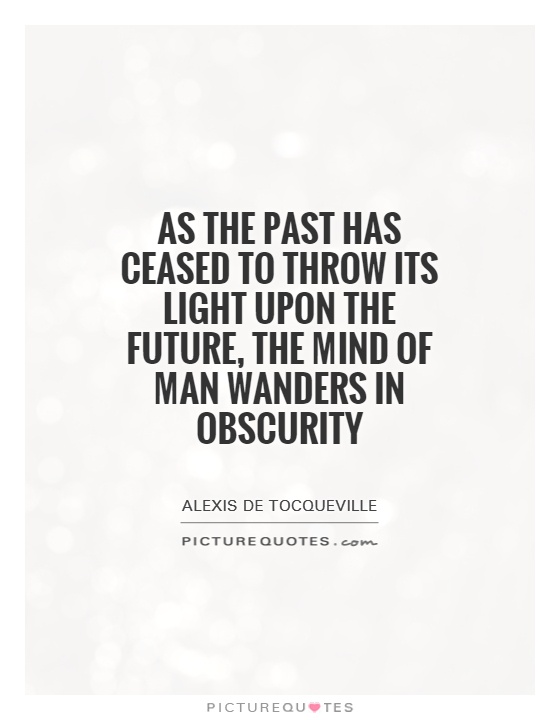
The Past QuotesThe Mind QuotesFuture Of Man QuotesThe Future QuotesLight Up QuotesAlexis De Tocqueville Quotes
As the past has ceased to throw its light upon the future, the mind of man wanders in obscurity
Alexis de Tocqueville, a prominent French political thinker and historian, is best known for his work "Democracy in America," in which he explores the nature of democracy and its implications for society. Tocqueville was deeply concerned with the relationship between the past and the future, and how the past influences our understanding of the present and shapes our vision of the future.The quote "As the past has ceased to throw its light upon the future, the mind of man wanders in obscurity" reflects Tocqueville's belief that without a clear understanding of history, society is left adrift, lacking direction and purpose. Tocqueville saw history as a guide, a source of wisdom and insight that could help us navigate the complexities of the present and anticipate the challenges of the future. Without this guiding light, Tocqueville believed that society would be lost, unable to make sense of the world around them.
Tocqueville's concern with the relationship between the past and the future was rooted in his belief that history was not just a record of events, but a living force that shaped our understanding of the world. He believed that by studying the past, we could gain a deeper understanding of the present and make more informed decisions about the future. Tocqueville saw history as a source of moral and intellectual guidance, a way to learn from the mistakes of the past and avoid repeating them in the future.
In "Democracy in America," Tocqueville explores the ways in which democracy shapes society and individuals, and how the past influences our understanding of democracy. He believed that without a clear understanding of history, society would be unable to fully grasp the implications of democracy and its impact on society. Tocqueville saw history as a tool for understanding the present and preparing for the future, a way to navigate the complexities of democracy and ensure its success.

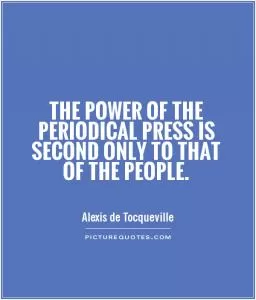




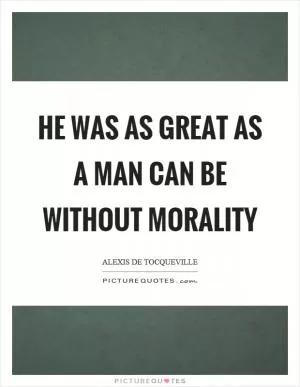

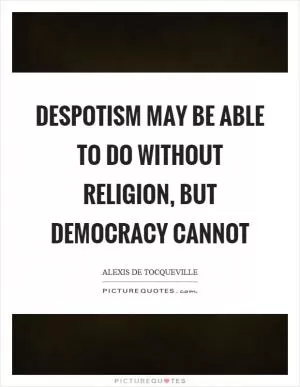


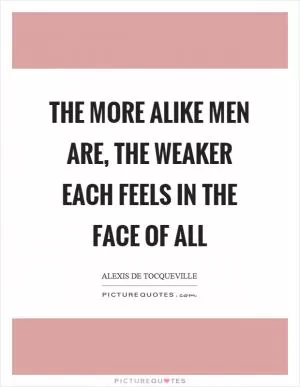
 Friendship Quotes
Friendship Quotes Love Quotes
Love Quotes Life Quotes
Life Quotes Funny Quotes
Funny Quotes Motivational Quotes
Motivational Quotes Inspirational Quotes
Inspirational Quotes